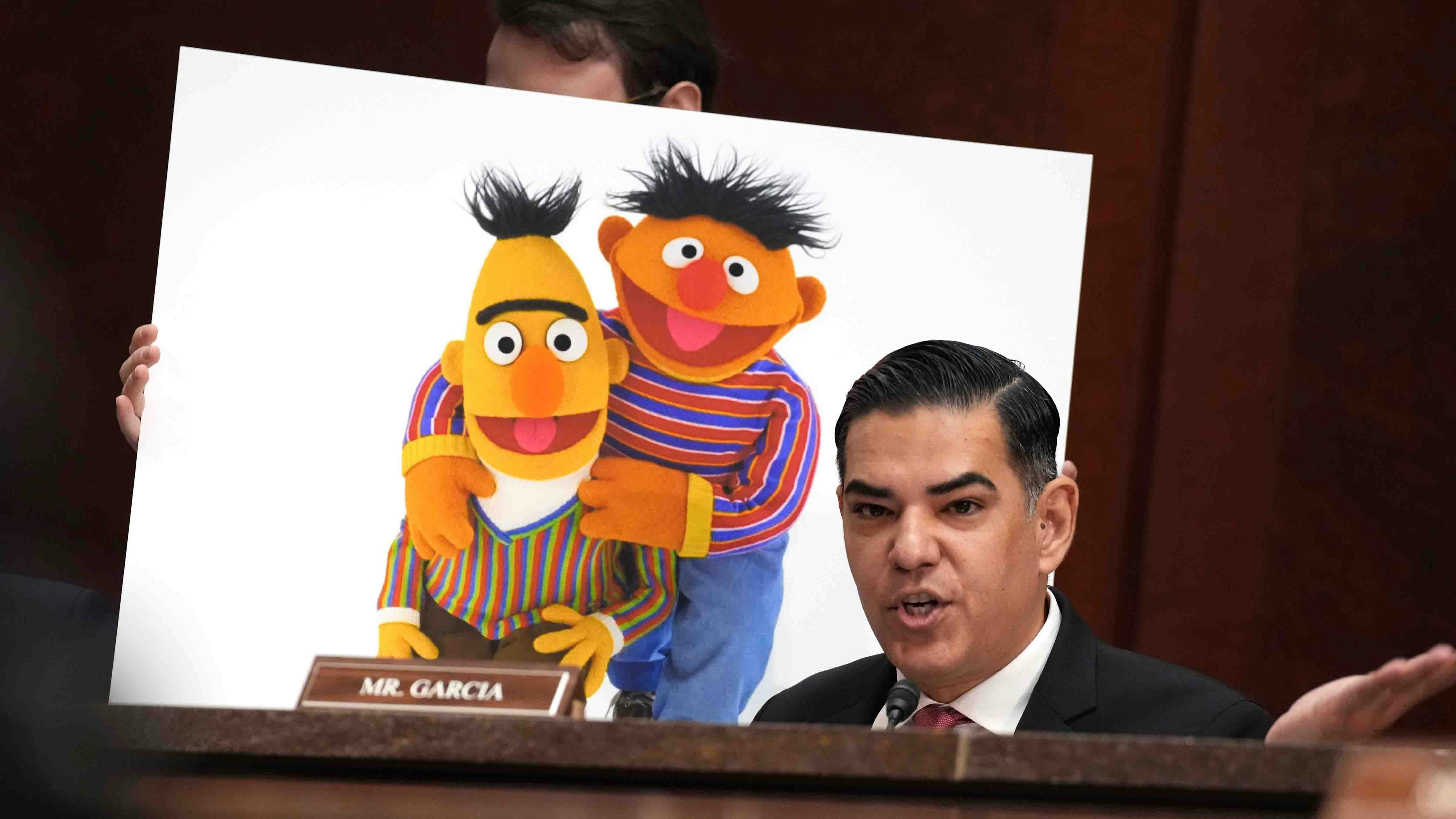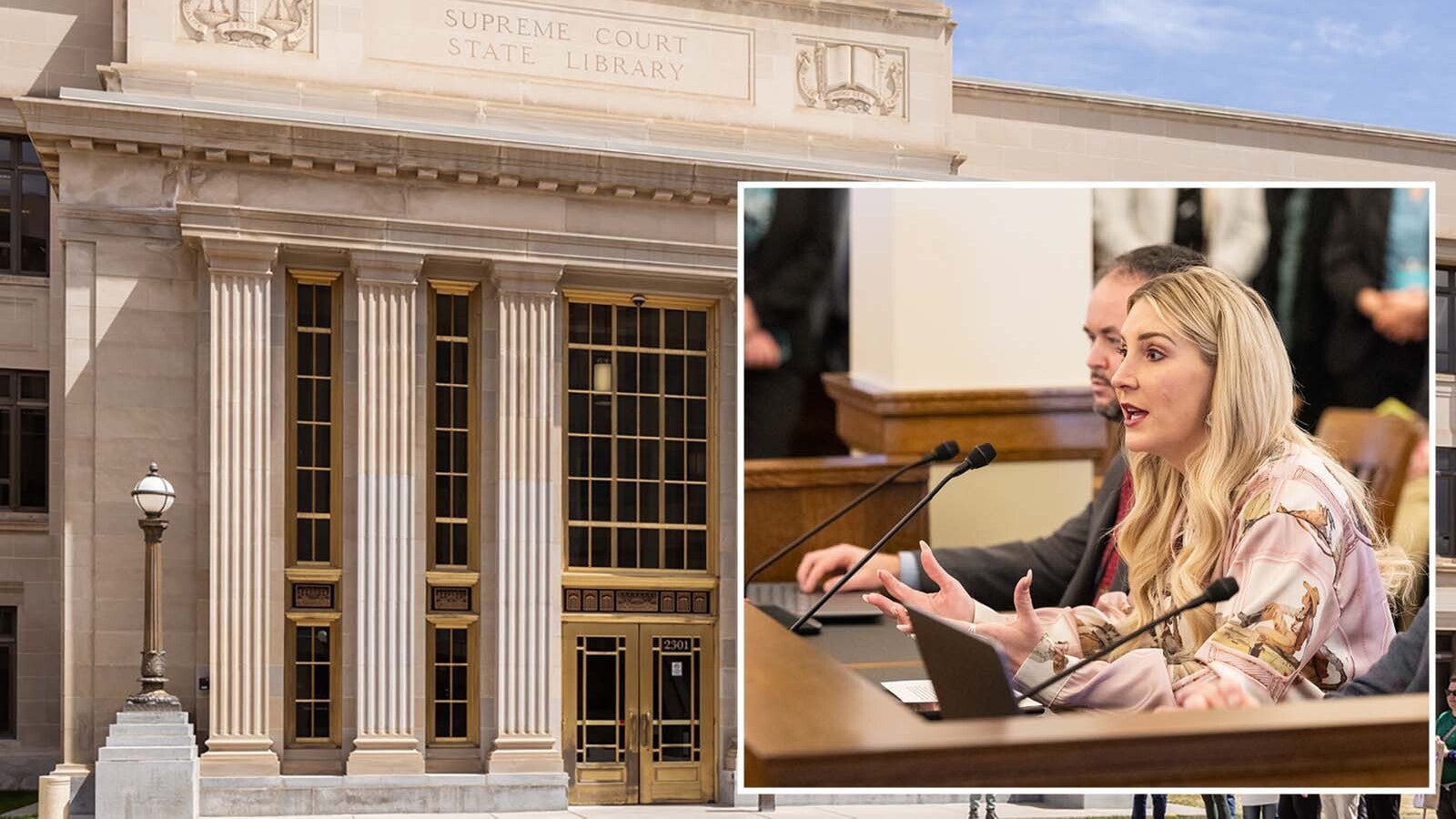In some ways, former Rock Springs Mayor Tim Kaumo was lucky he didn’t take the actions he did about a year later than he did.
If he had, Kaumo likely would be a convicted felon under a new state law his official misconduct partially inspired, said a Wyoming legislator.
“Before, it was really unclear under Wyoming law whether that was a crime or not,” said state Rep. Clark Stith, R-Rock Springs, about Kaumo using his position as mayor to push his company to be awarded a bid for a city project.
Kaumo pleaded guilty Tuesday to misdemeanor charges of official misconduct and conflict of interest for attempting to influence Rock Springs City Council members to secure an engineering contract for his business.
Stith said he was partially inspired to help support legislation in 2021 that addresses conflict of issues in Wyoming based on the actions of his city’s former mayor.
House Enrolled Act 22, creates criminal felony offenses related to the interference of public contracts.
“We have to make sure our public contracting process is as open, transparent and as clean as possible,” Stith said.
Concerned About Collusion
Stith, who’s also a former Rock Springs City Council member, said he saw many examples of potential misconduct by public officials during his four years on the council. He did not serve while Kaumo was mayor.
“I was concerned private contractors were colluding,” he said about why he wants harsher penalties. “I personally believed it was happening.”
Another issue he saw was contractors competing for bids colluding with their competition by getting them to drop out of the competitive process, then hiring those same companies as subcontractors.
Stith attended a City Council meeting where Kaumo made public comments deriding his competitors, discussion that was later used as evidence in the Wyoming Division of Criminal Investigation and FBI’s investigation of the mayor.
Stith said the mayor spoke so confidently at the meeting that he didn’t suspect any wrongdoing at the time.
“What was interesting about what I saw was he was so open about doing it, leading one to believe there was no fraud here,” he said.
Stith said because of Kaumo’s blatant behavior, one could question whether what the former mayor did was illegal or just ethically wrong.
“There’s no such thing as a fully disclosed fraud,” he said.
What It Does
HEA 22 creates clearer terms and harsher penalties for public officials found guilty of interfering with contracting bids by disseminating them. It also outlaws private collusion between contractors bidding for public works projects.
“In the past, when an official was charged with official misconduct, it was really quite vague,” Stith said. “The bill adds sort of common sense-type definitions. I prefer clearer definitions for more specific laws”.
Stith said an aspect of the new law prohibiting a public servant from knowingly disclosing any information related to the terms of a sealed bid specifically applies to Kaumo’s case. At one point, Kaumo forwarded the sealed bids of his competitors to co-workers at his engineering firm.
“That clause there was frankly inspired by the events of 2020,” Stith said.
Under the new law, what Kaumo did would be a felony punishable by up to five years in prison and $10,000 in fines.
Wyoming Problem
Conflict of interest issues can be a tough barrier to avoid in a state like Wyoming, which is made up of mostly small rural communities.
Often, there are only a few options for some professions in each community or county, leading to a limited number of companies available to bid on local government projects.
This creates a situation where it’s not uncommon for members of local elected councils and other boards or their family members to also be prominent members of their business communities, setting the stage for potential conflicts of interest if their businesses want to bid on a local project.
Wyoming law states that a public official must abstain from a vote if they stand to gain a direct fiduciary benefit from the public project they are considering for approval.
Sometimes, it’s not so clear how direct or not this benefit will be. Stith said according to law, the wider the class of people who stand to benefit, the more unlikely a conflict exists.
“If the class of people is large that would be affected, then it’s permissible,” Stith said.
He used the example of a teacher legislator who votes to appropriate money for a school foundation program and a legislator who works for a trona mine company who votes to provide funding for the industry as a whole as acts that don’t constitute a conflict of interest.
“It’s not something that’s going directly into that legislator’s pocket,” he explained.
Not Isolated
In Kaumo’s case, the former mayor abstained from a first vote to approve accepting a bid his company made on a $3.8 million project in Rock Springs, but then failed to abstain from a later vote to accept another company’s bid, where he also disparaged a competing firm in public.
Third Judicial District Judge Michael Greer said he found that act to be a conflict of interest.
Stith said Kaumo’s decision to withhold from voting on his own bid was the right one, but he disagrees with Greer that the former mayor’s decision to vote on his competitor’s bid was wrong.
“I didn't think he needed to recuse himself after he withdrew his own bid,” Stith said. “Once he was out of the running, he had no financial stake in it.”
Kaumo isn’t the first Wyoming mayor to be targeted for misconduct issues.
In 2022, Gillette Mayor Louise Carter-King resigned after more than 400 pages worth of texts and screenshots were released of text messages she sent making disparaging remarks about public and private people.
An outside investigation performed by the city of Cheyenne determined the Gillette City Council had failed to maintain civility and respect, allowed improper influence of elected officials over city staff and committed abuses of executive session meetings during its governance.
Holes Remain
Stith said there are still a few holes remaining in Wyoming’s collusion laws that can be exploited.
There is still nothing preventing different bidders from coordinating their bid prices.
“The purpose of all these rules is to make sure the taxpayers get the best deal possible,” Stith said. “There’s still room for improvement.”
It’s also still legal for a company to frontload total payment for their service on a project to the beginning of its contracted work, leaving little financial incentive to perform quality work through the remainder of a project.
Stith said this practice occurred in the construction of a major water treatment plant in Green River in the late 1990s.
He hopes to bring more legislation addressing these types of issues in the future. On June 2, the Legislature’s Ethics Subcommittee will kick off those discussions on a more internal level.
“We’re going to try to do a number of things with respect to the joint rules of the House and Senate with how ethics complaints are handled and what the scope of purview of legislative leadership will be with respect to ethics complaints and the process,” Stith said.





